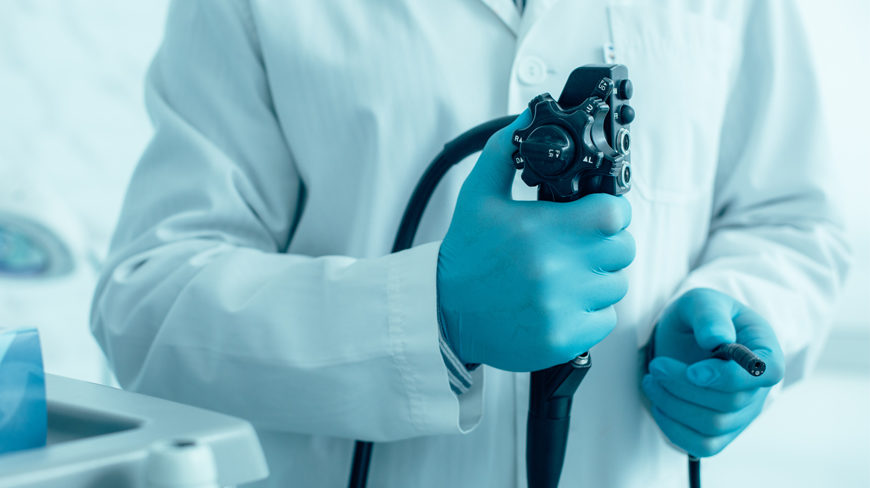Colonoscopies: They’re Not as Hard as You Think
Colonoscopies are the best way to prevent colorectal cancer. Colorectal cancer, sometimes called colon cancer for short, is the second leading cause of death – but it doesn’t have to be.
If you’re 45 or older (or have other risks), you should be getting regular colonoscopies. But many put them off because they are worried about how difficult or painful it will be. The good news: they aren’t as hard as you think!
Why Get a Colonoscopy?
Screening colonoscopies prevent cancer. Most colorectal cancers begin as growths, also called polyps, found in the colon or rectum. Colonoscopy is the gold standard for detecting and removing precancerous polyps before they turn into cancer.
Since the test requires a visual inspection of the lining, the colon and rectum must be cleaned out properly for the best results. Preparation is important.
Colonoscopy Prep is No Longer a Burden
Previously, people needed to drink a gallon of laxative solution, the night before the procedure. Options have greatly improved in recent years and an Easy Prep Colonoscopy can make it even simpler.
There are a variety of prep solutions to choose from and all of them taste better than before. Lower-volume options are available which allow for two smaller doses rather than drinking glass after glass of prep solution. Some preps even use over-the-counter laxatives with a tasty sports drink.
It’s important to closely follow all instructions when preparing for a colonoscopy. Proper preparation is needed to ensure a clear, visual examination of the lining of the colon.
What Happens During a Colonoscopy Procedure?
A colonoscopy is performed with anesthesia and takes about 30 minutes to complete.
Before the colonoscopy begins, you will be positioned on your side on the exam room table. If A short-acting anesthetic will be given by a well-trained anesthesia team. You’ll fall asleep fast and wake up quickly without feeling tired or groggy. It is often described as a satisfying nap.
During the procedure, a colonoscope is inserted and guided to the end of the colon. A colonoscope is a thin, flexible tube with a camera at the end. It also has a light and a tool for removing polyps attached. The scope inflates your large intestine with air which provides a better view. As the scope is moved through the colon, the doctor will be looking for areas of inflammation, irregularity, and small growths called polyps. Precancerous polyps will be removed painlessly and sent to the pathology lab for analysis.
The entire rectum and colon will be examined during the procedure and the medical team will be monitoring you throughout to ensure your wellbeing.
What Happens After a Colonoscopy?
After the colonoscopy, you will be observed for a short time and then discharged to rest at home with specific care instructions. Because some air is used to inflate the colon for better viewing, it’s common to feel gassy or bloated after the procedure. But it should be mild and pass quickly. A normal diet can be resumed, and you can usually return to normal activities the next day.
Colonoscopies save lives and there is no reason to delay. Schedule your colonoscopy today!
Request Appointment
Related:


